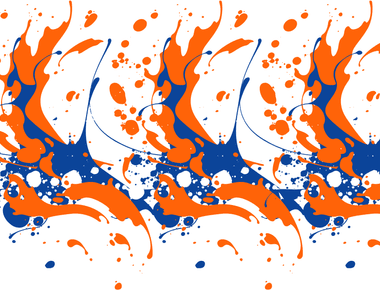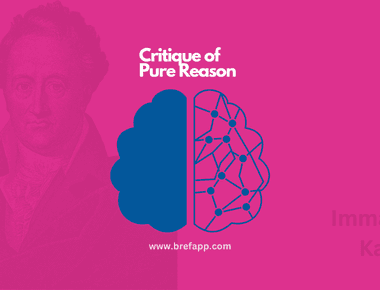
Embracing the Abyss: A Journey into Nihilism's Enigmatic Depths

In the vast expanse of philosophical thought, few concepts are as enigmatic and thought-provoking as nihilism. It is a philosophical stance that challenges our deepest beliefs, shakes the foundations of our existence, and forces us to confront the meaning of life itself. Join me on a fascinating journey as we explore nihilism, uncover its intricacies, and encounter captivating examples that will leave you questioning your own perception of reality.
Chapter 1: The Abyss Beckons
Picture a lone wanderer, standing at the edge of a gaping abyss. This, my friends, is nihilism—a philosophy that posits the absence of inherent meaning or value in life. It challenges the notions of objective truth and purpose, inviting us to peer into the void and embrace the uncertainty that lies within.
Chapter 2: Breaking the Chains of Meaning
Nihilism, in its raw form, can be a profound liberation. Consider the famous story of Friedrich Nietzsche’s madman who proclaimed, “God is dead!” This shocking proclamation symbolizes the demise of traditional values and the resulting vacuum of meaning. Nihilism, as a powerful tool of deconstruction, shatters our preconceived notions and opens the door to personal interpretation.
Chapter 3: The Artistic Rebellion
Art has long been a realm where nihilism finds solace. Think of Dostoevsky’s masterpiece, “Notes from Underground,” where the protagonist rejects societal norms and embraces a life devoid of meaning. Through literature, paintings, and music, artists have sought to capture the essence of nihilism and challenge our understanding of reality.
Chapter 4: The Existential Crisis
Existentialism and nihilism are kindred spirits. Both philosophies grapple with the fundamental questions of existence, pushing us to confront our mortality and the apparent absurdity of life. Albert Camus, in his novel “The Stranger,” exemplifies this struggle as his protagonist, Meursault, confronts the indifference of the universe and questions the very notion of purpose.
Chapter 5: The Absurd Hero
In the face of meaninglessness, some embrace a defiant stance, becoming the heroes of their own stories. Albert Camus introduces us to his concept of the absurd hero in “The Myth of Sisyphus.” Sisyphus, forever condemned to push a boulder up a hill, represents the struggle against the absurdity of life. By accepting the futility of his task, he defies the meaninglessness and finds his own purpose.
Chapter 6: Nihilism and Morality
Does nihilism lead to moral chaos? While nihilism challenges the existence of objective morality, it does not condemn us to a state of ethical anarchy. Friedrich Nietzsche’s concept of the “Ubermensch” suggests that in the absence of inherent values, we have the freedom to create our own moral codes, forging a path of authenticity and personal responsibility.
Conclusion: The Paradox of Nihilism
Nihilism, with its alluring darkness, captivates the mind and stirs the soul. It invites us to question the very essence of our existence and to find meaning within the meaninglessness. The examples we have explored—through literature, philosophy, and art—show that nihilism is not a harbinger of despair but an opportunity for introspection and self-discovery.
As we conclude this journey, remember that nihilism, like any philosophy, offers a perspective, not an absolute truth. It challenges us to examine our beliefs, confront the unknown, and ultimately construct our own narrative in this vast tapestry of existence. Embrace the abyss, my friends, and let the beauty of nihilism’s contradictions guide you towards a deeper understanding of life’s intricate complexities.
Tags
Related Posts





Quick Links
Categories

